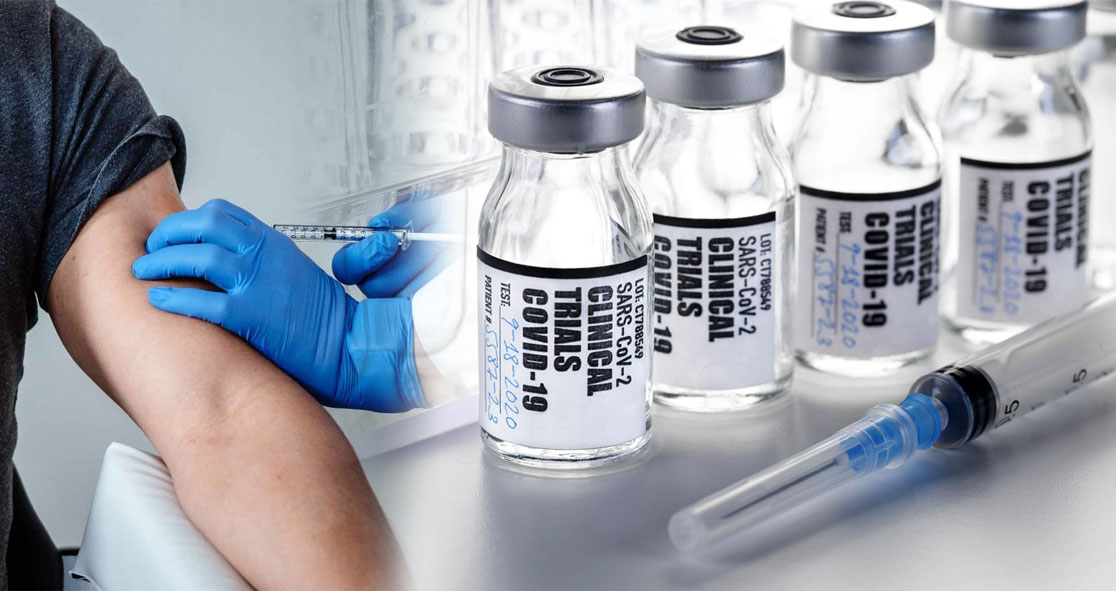Associate Editor of The BMJ (British Medical Journal) Peter Doshi said vaccines are considered the solution to curb the coronavirus pandemic, but their ongoing trials are not designed to tell us if they will save lives.
Some of the COVID-19 vaccine candidates are now in their late-stage or Phase III clinical trials, but when are they going to be declared safe and effective?
Phase III trials are the late-stage studies conducted on a large number of participants to assess its safety and efficacy before approval.
Doshi said the current Phase III trials are not actually set up to prove whether they are safe or effective.
“None of the trials currently underway are designed to detect a reduction in any serious outcome such as hospitalizations, intensive care use, or deaths. Nor are the vaccines being studied to determine whether they can interrupt transmission of the virus,” he wrote.
Doshi, who is on the BMJ’s News & Views team, explained that all ongoing Phase III trials are evaluating for mild COVID-19 infection and not severe infections. Plus, the trials will be able to report “final results once around 150 participants develop symptoms.”
For instance, in trials of Pfizer and Moderna’s vaccine candidates, participants with a cough and a positive lab test would end those trials.
“Hospitalizations and deaths from COVID-19 are simply too uncommon in the population being studied for an effective vaccine to demonstrate statistically significant differences in a trial of 30,000 people,” Doshi added. “The same is true regarding whether it can save lives or prevent transmission: the trials are not designed to find out.”
Doshi also raised another important issue that none of the current vaccine candidates seem to be designed to find out their efficacy in older people, despite their certain susceptibility to COVID-19.
If the elderly are not enrolled in vaccine studies in large numbers to determine whether there is a reduction in cases in this group, “there can be little basis for assuming any benefit against hospitalization or mortality,” Doshi warned.
He said we still have time to make necessary changes to ensure the “ongoing trials address the questions that most need answering.”
In the ongoing trials, children, older people, immunocompromised people, and pregnant women have largely been excluded so we will not have enough data on the vaccines’ safety and efficacy in these populations.
“The COVID-19 vaccine trials may not have been designed with our input, but it is not too late to have our say and adjust their course,” Doshi argued. “With stakes this high, we need all eyes on deck.” The article originally appeared on Medical Xpress.























